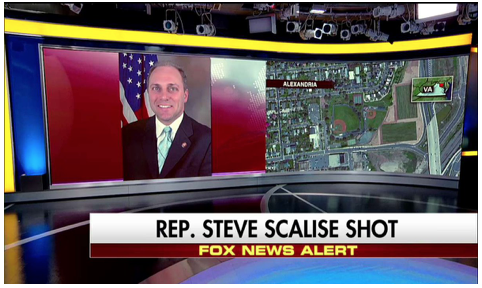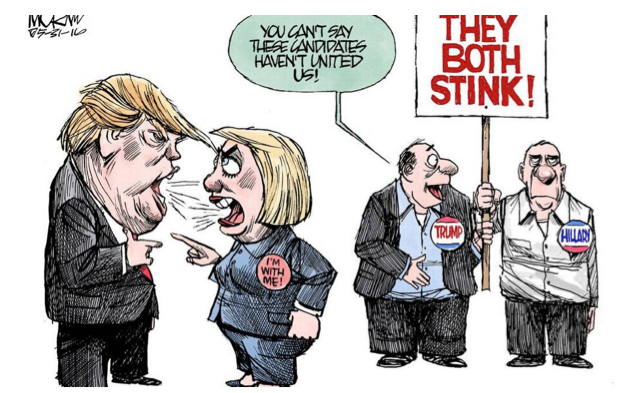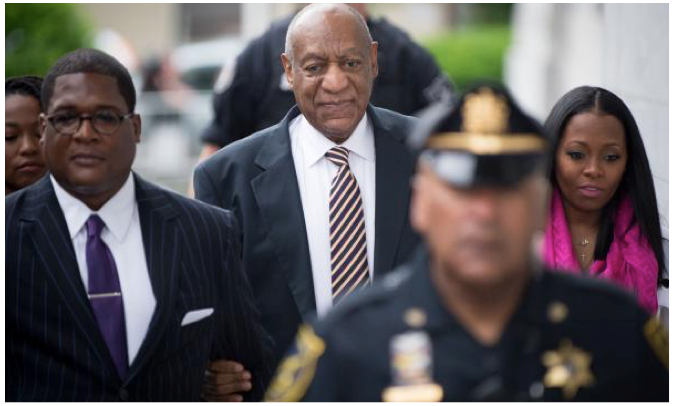URBAN PERSPECTIVE-On March 29, 2017, the mood at the White House was somber when #45 Trump signed an executive order establishing a commission charged with making recommendations on dealing with the opioid crisis. At the signing, all the talk by Trump and other administration officials was about a big ramp up in treatment, counseling, addiction recovery programs, and health services to alleviate the crisis. They and the media used the term, “epidemic.” This suggested that it’s an illness, a sickness, a condition, but not a criminal offense. There was not one word from Trump or White House officials at the signing about more arrests, tougher sentencing and incarceration for offenders.




































